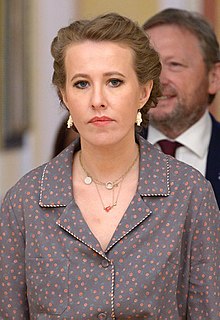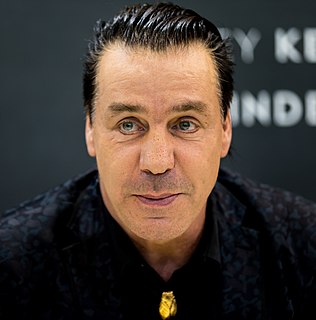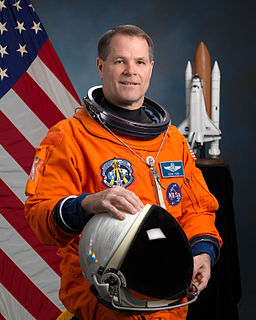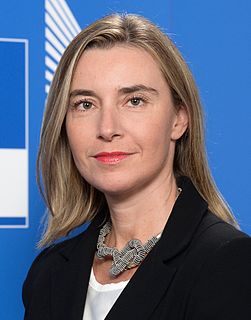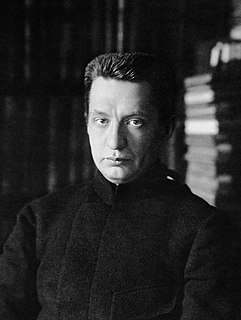A Quote by Ksenia Sobchak
What I do is good for Russian opposition. What I do is I speak freely on the things and items that were never discussed loudly with Russian public for years.
Related Quotes
It's a very erroneous strategy to try to push the Russian opposition to unite. First of all, the opposition is addressing different parts of Russian society that have differing points of view. And besides, a united opposition is a nice big target that the authorities have a much easier time fighting. And besides, resisting an authoritarian regime with an authoritarian opposition merely means that, in the event of victory, you're just doing yet another round of the same old, same old.
Vladimir Putin is a Russian czar. He's kind of a mix of Peter the Great and Stalin. He's got both in his veins. And he looks out first and foremost for the national security interests of Russia. He accepts that, in Eastern Europe, that is a Russian backyard, that is a Russian sphere of influence. Ukraine lives most uncomfortably and unhappily in a Russian backyard.
